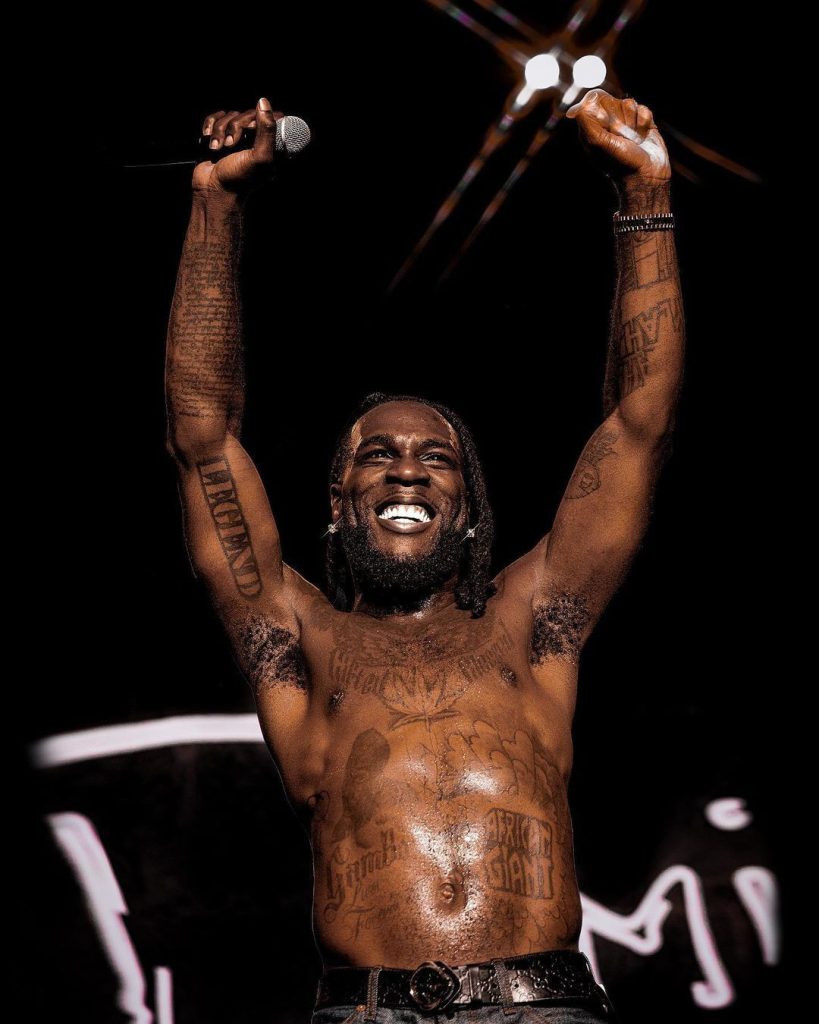Grammy-winning Nigerian singer Damini Ogulu, popularly known as Burna Boy, has stirred fresh debate in the African music scene after declaring that Afrobeat pioneer Fela Kuti is the only African artist greater than him.
The self-acclaimed “African Giant” made the bold claim during a recent livestream chat with Australian streamer Playboymax, where he reflected on his place in African music history and Fela Kuti’s enduring legacy.
Read Also: Chloe Bailey: Why I keep relationship with Burna Boy private
“He [Fela Kuti] is the king. He is the only one [African artist] who is greater than me. He is the only one,” Burna Boy said confidently.
However, detractors pointed out that African music’s greatness cannot be measured solely by international awards or chart success.
They cited other icons such as Angelique Kidjo, Youssou N’Dour, Miriam Makeba, King Sunny Ade, and 2Baba, noting that each contributed significantly to shaping African music and culture in unique ways.
Burna Boy has often been compared to Fela Kuti, whose politically charged Afrobeat sound laid the foundation for many contemporary African artists.
Over the years, Burna Boy has frequently acknowledged Fela’s influence on his music, adopting elements of his sound, activism, and stage charisma.
Still, his tendency to make self-assured and sometimes controversial remarks has drawn criticism. Many observers believe this latest comment reflects Burna Boy’s characteristic mix of pride and ambition, traits that have both fueled his rise and fueled public debate about his personality.
Despite the controversy, there is little doubt that Burna Boy stands as one of Africa’s most successful artists of the modern era.
His 2020 Grammy-winning album “Twice As Tall” and subsequent hits like Last Last and City Boys cemented his place on the global stage, while his live performances continue to attract massive audiences across continents.
For now, Burna Boy appears unbothered by the backlash, standing firm in his belief that Fela Kuti remains the only African artist who surpasses him, a statement that once again underscores his confidence, ambition, and undeniable influence in shaping the next chapter of African music history.



